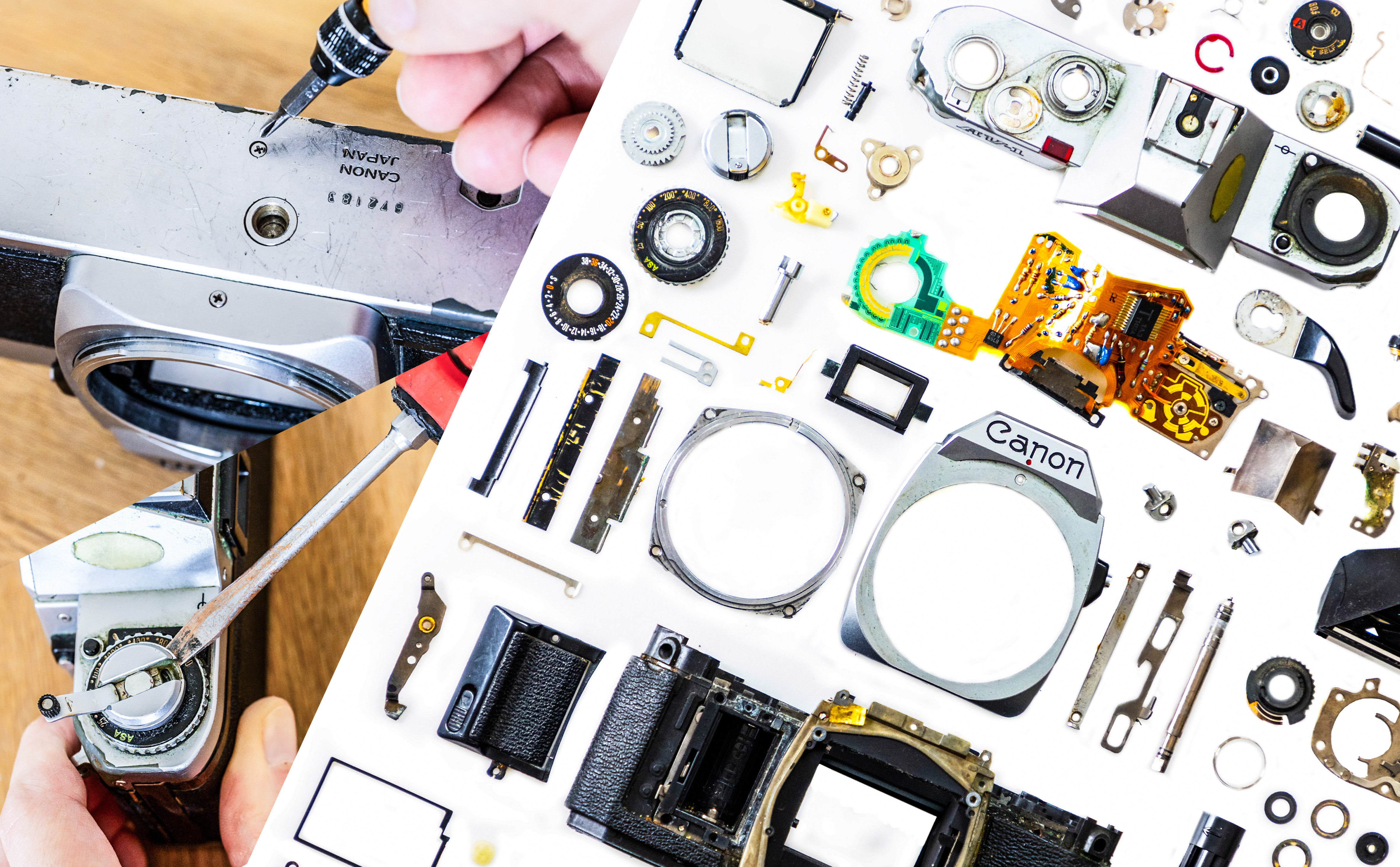Best document camera: which visualizer is the right one for you?
Bring your subject to life with the best document cameras for teachers, presentations, meetings, and more
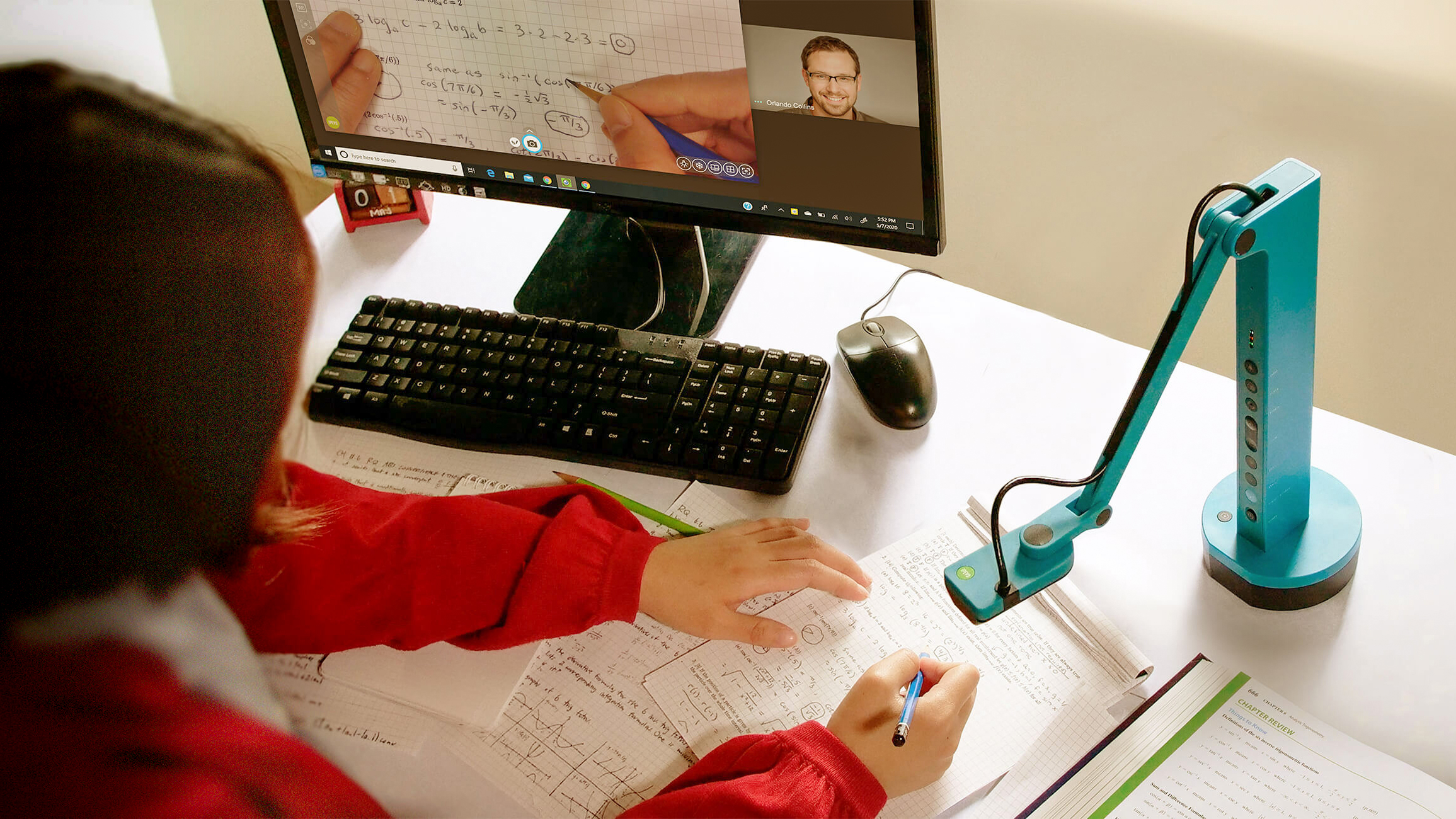
The best document cameras let you zoom in to documents, books or small objects and display them on larger screens to students, colleagues or conference delegates. In that sense, they're similar to the overhead projectors of old, but they're much more flexible thanks to the addition of new technologies. Most, for example, can also capture images or video.
The best document cameras also double as a convenient document scanner, and are a lot more portable than a traditional flatbed scanner. Furthermore, some come with software that can sequence pages automatically, and the resolution is often good enough for emailing contracts.
Below, we list the best document cameras for a range of uses, and at a variety of prices. If you're not sure what you're looking for, though, read our section on How to choose a document camera first.
The Quick List
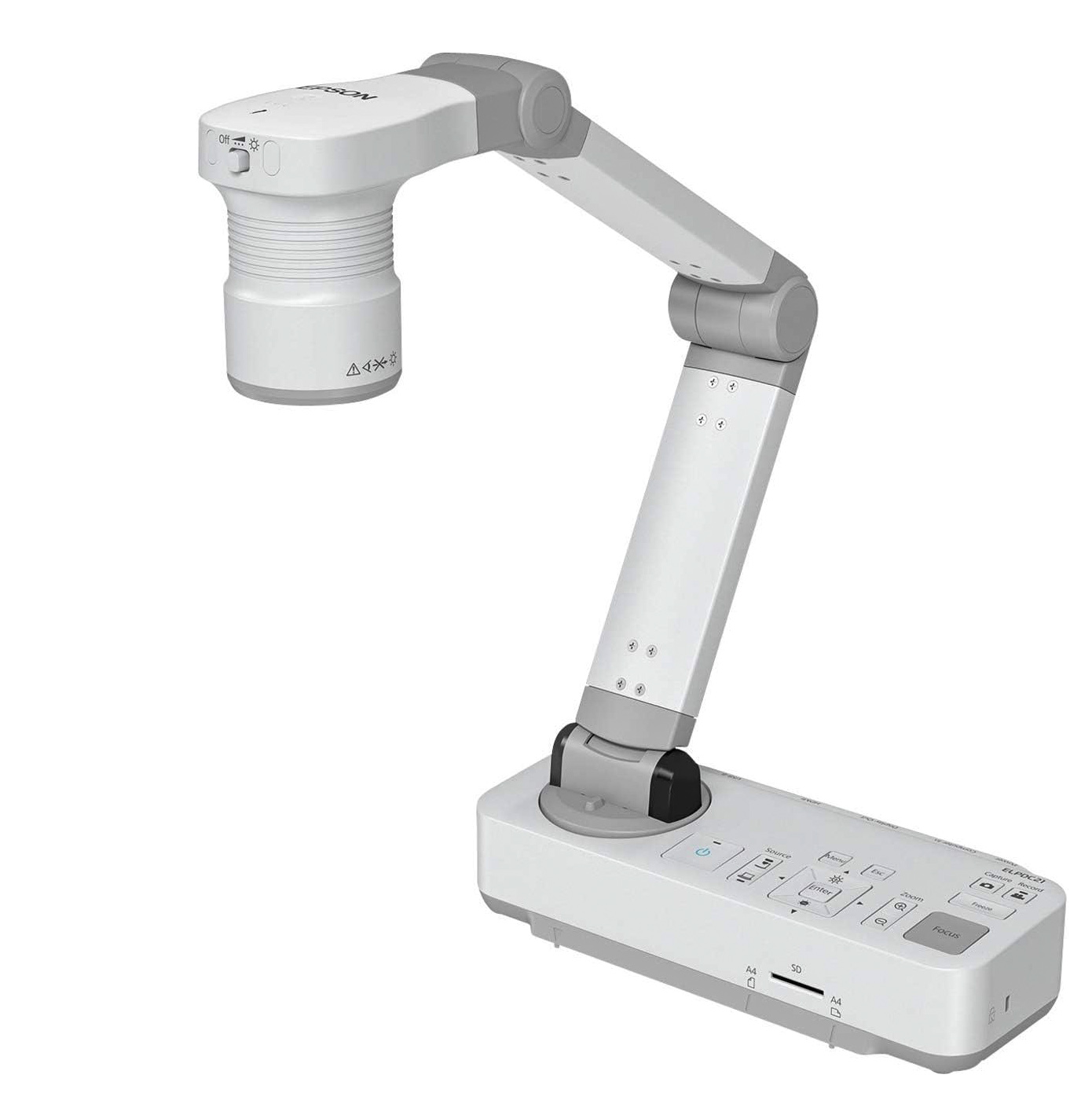
This is more solidly built than most rivals, making a good option for the classroom or workplace. It has a 12x zoom, and can capture up to an A3-sized area of worktop.
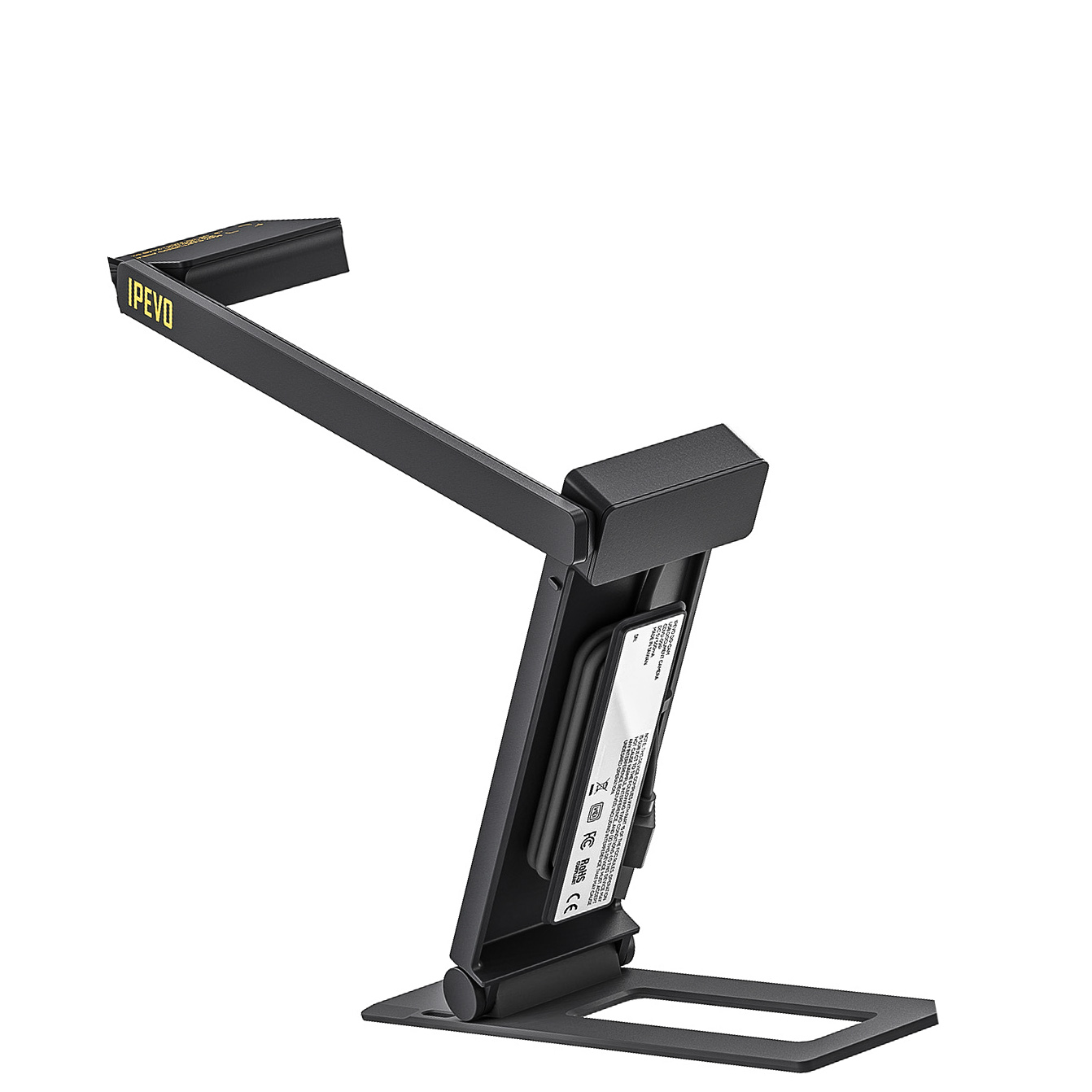
Need a document camera you can easily carry from place to place? This 2020 model from Ipevo is designed for simplicity and portability.
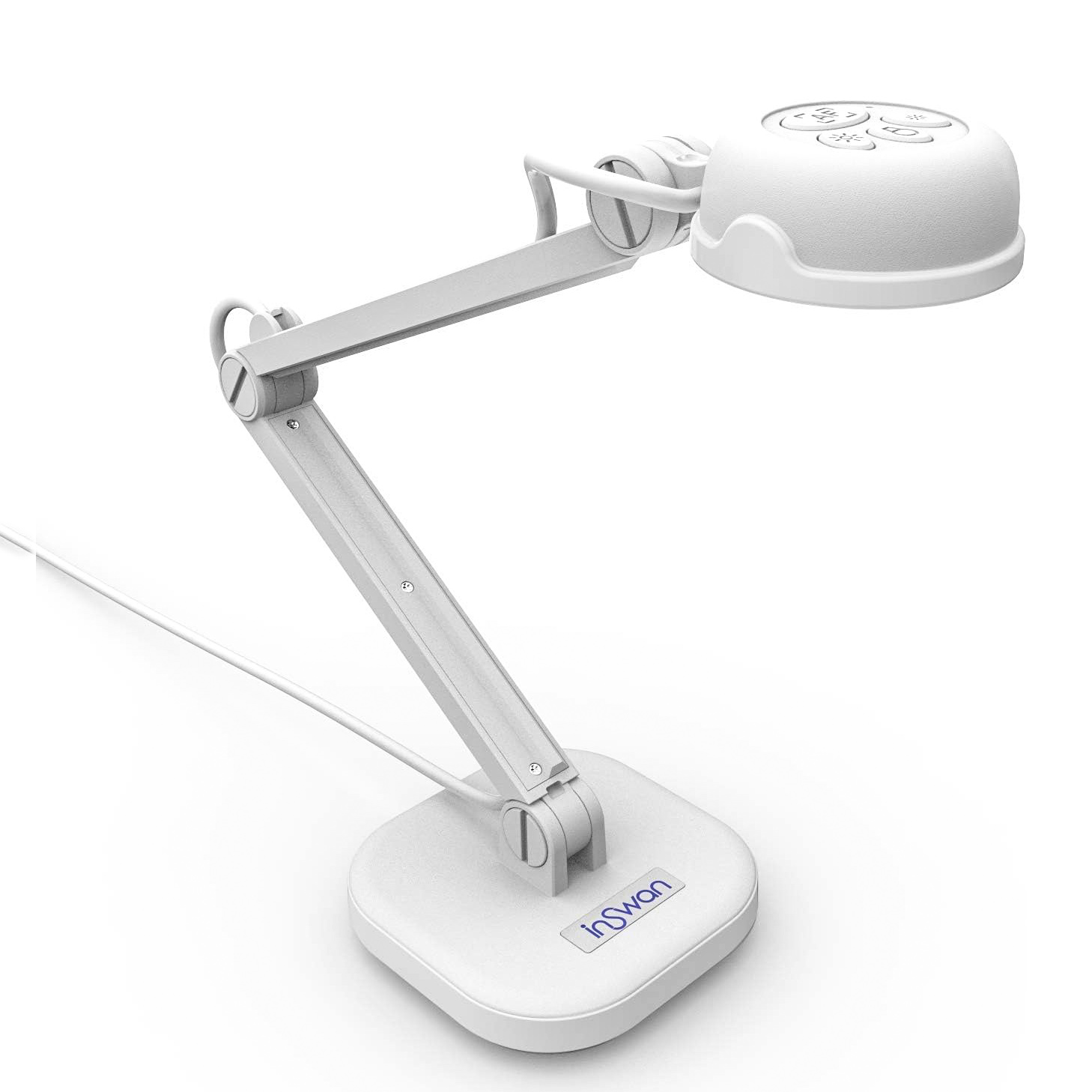
This cheap but still knock-out document camera offers 8MP video at 30fps. In fact, this device is better realized than many pricier rivals.
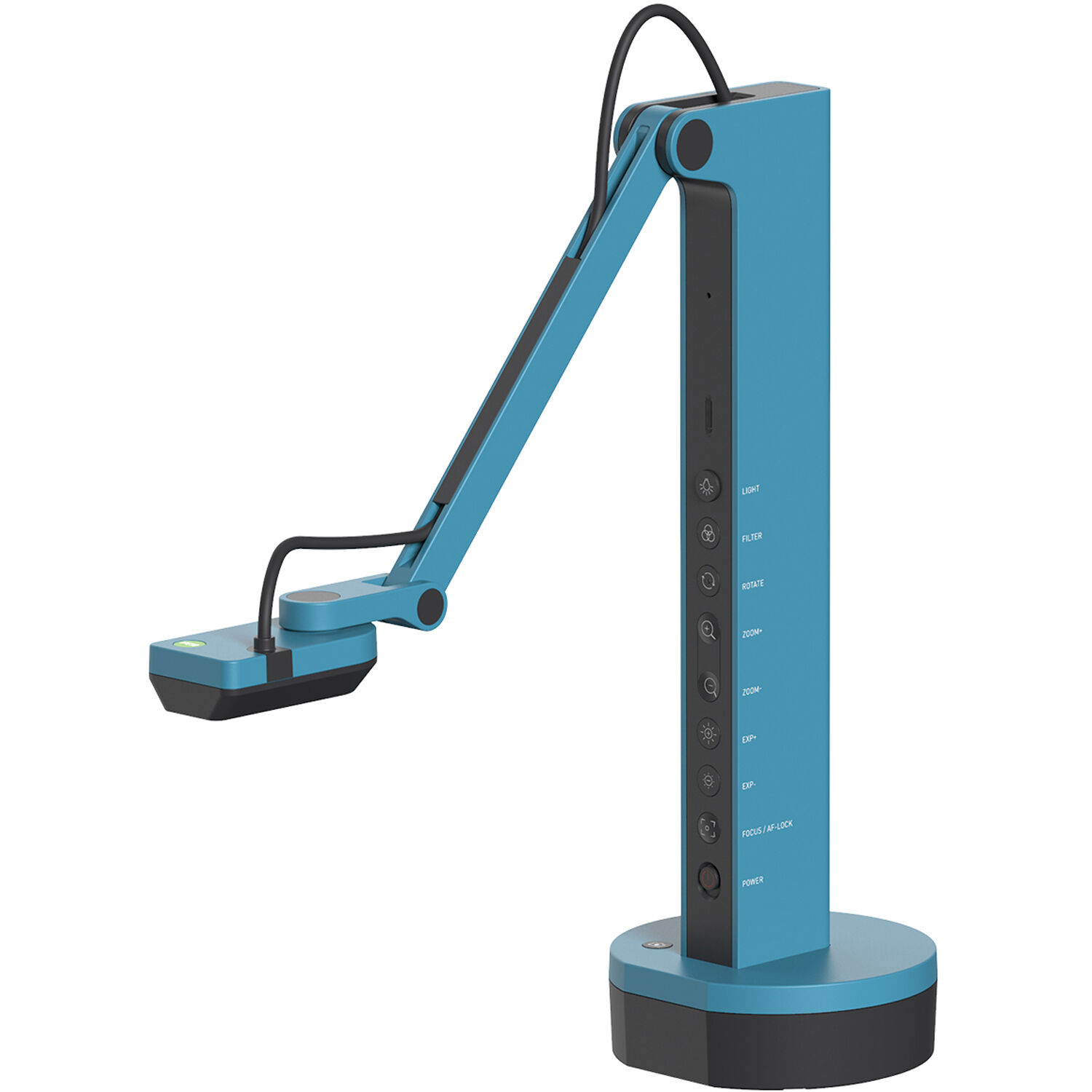
One of the most flexible document cameras available, compatible with practically every system you can think of, and with a range of buttons for easy use.
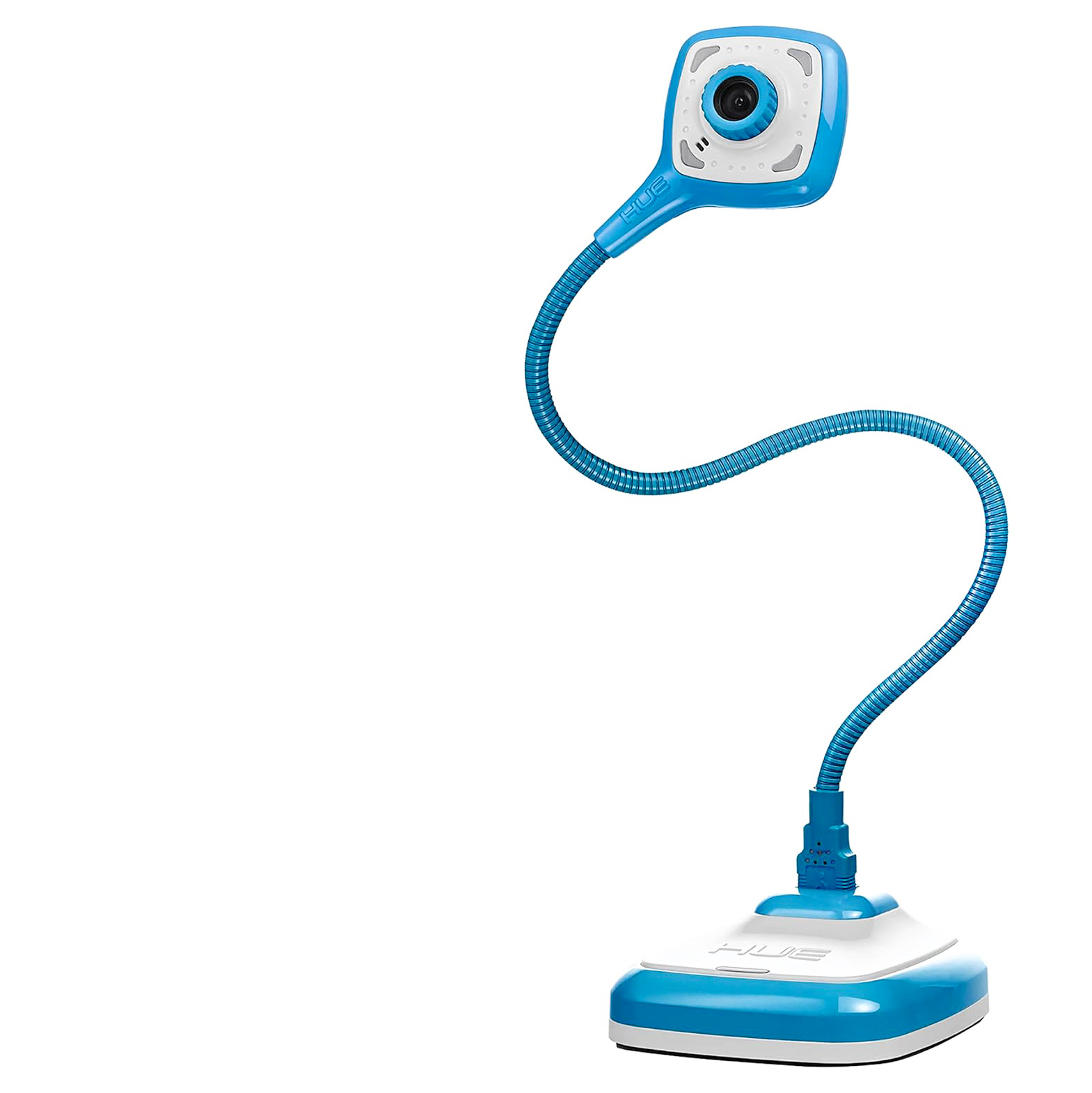
This lacks the features of the Epson, but is it a great option for schools with a limited IT budget. We liked the simplicity of the flexible neck, and that the base is removable.
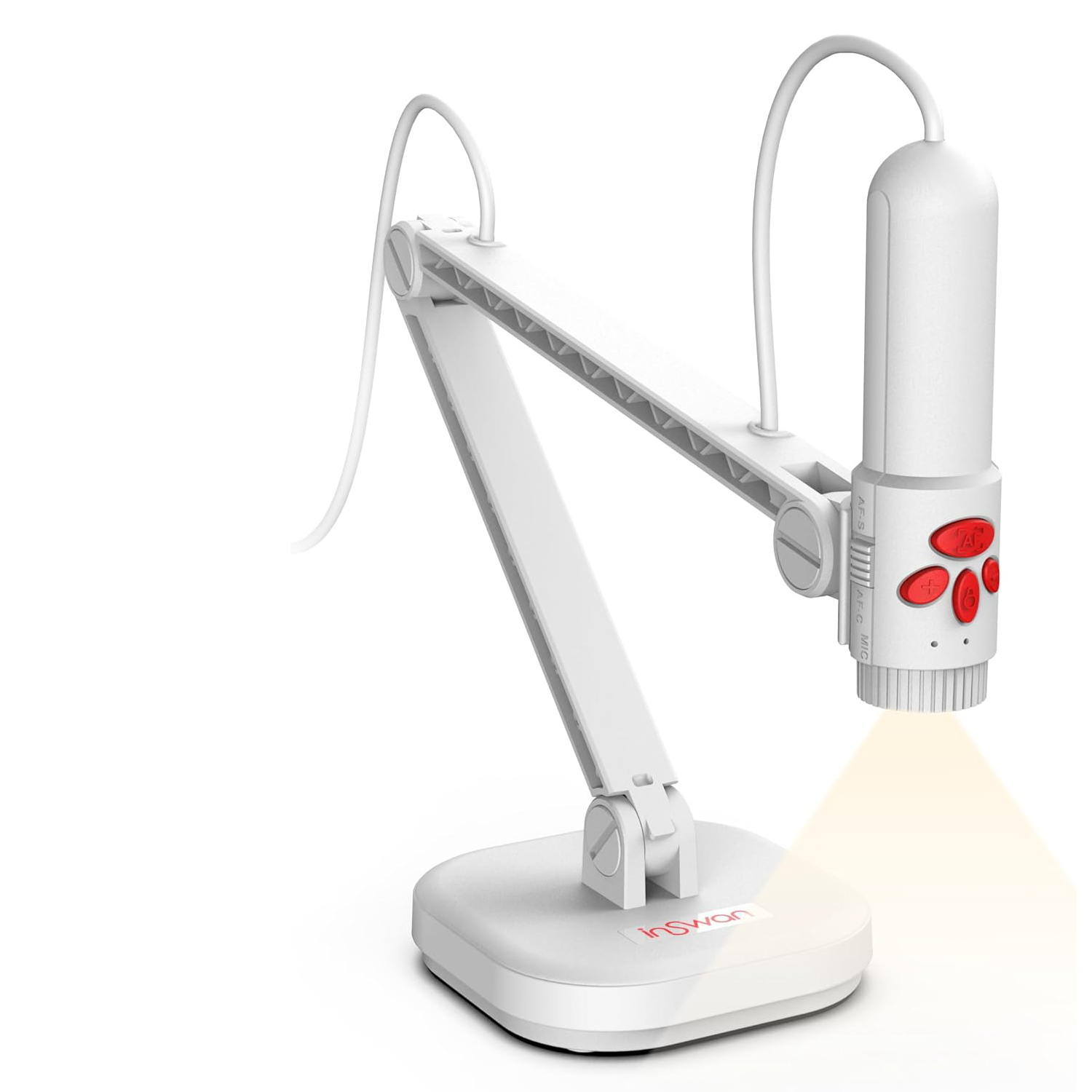
The INS-3 offers a detachable camera, that can be used from the arm for more free-flowing footage - which can prove useful when try to present three-dimensional objects.
View the full list ⤵
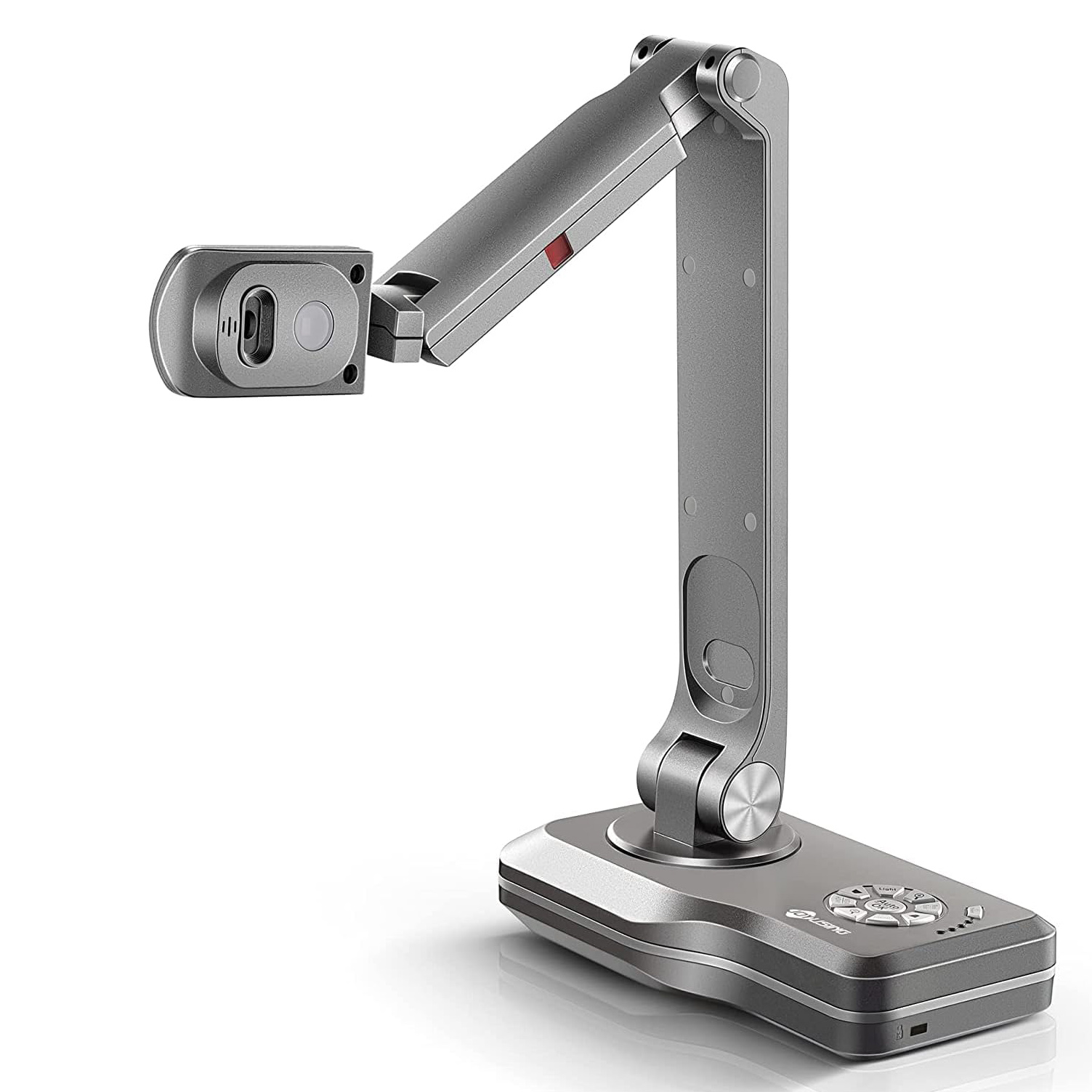
The Joyusing is perfectly designed for use as both a document camera and a webcam - thanks its built-in lighting and microphone. The autofocus lens has a 100x digital zoom, which is handy when you need extreme closeups.
The best document cameras
Why you can trust Digital Camera World
Best for education
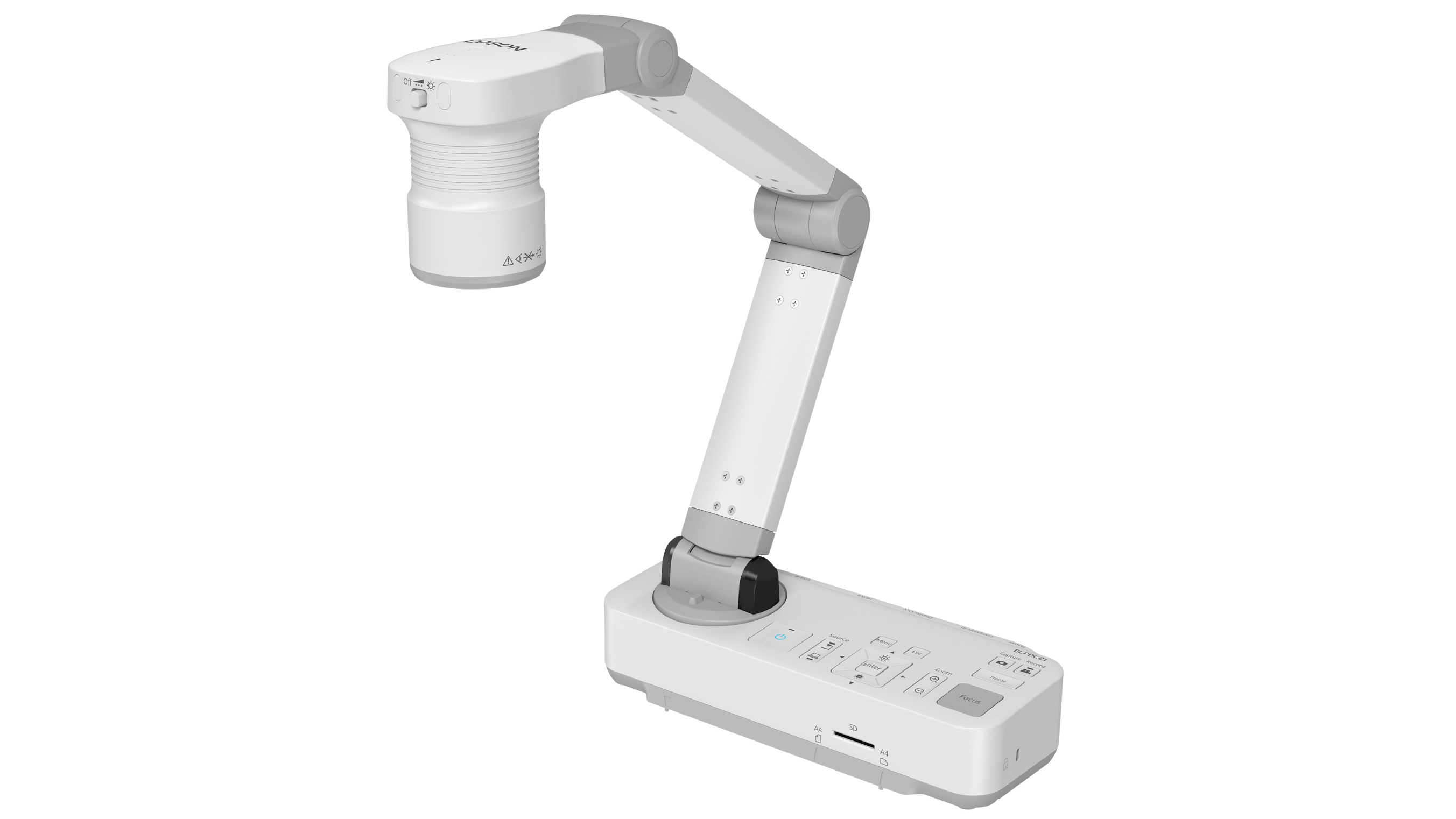
1. Epson ELPDC21
Specifications
Reasons to buy
Reasons to avoid
Epson's ELPDC21 has a 1/2.7-inch CMOS sensor which can capture a full A3/tabloid area. This device has been built with clear thought to usability, right down to the stand-out autofocus button. The remote offers manual control. Capture and Record buttons are also on hand, and a 12x optical zoom (further boosted, if possibly needed, by 10x digital) provides very close detail when needed.
As a solidly-built product, this isn’t the most portable on this list, but at over 5lbs (over 2.5kg), and with a Kensington lock, it should survive a variety of classrooms. It's Mac and Windows compatible, will fit into classrooms with all manner of displays, and can present split-screen content. Traveling presenters might notice the weight, but that's off-set in part by an excellent travel case, included with the unit.
Best for portability
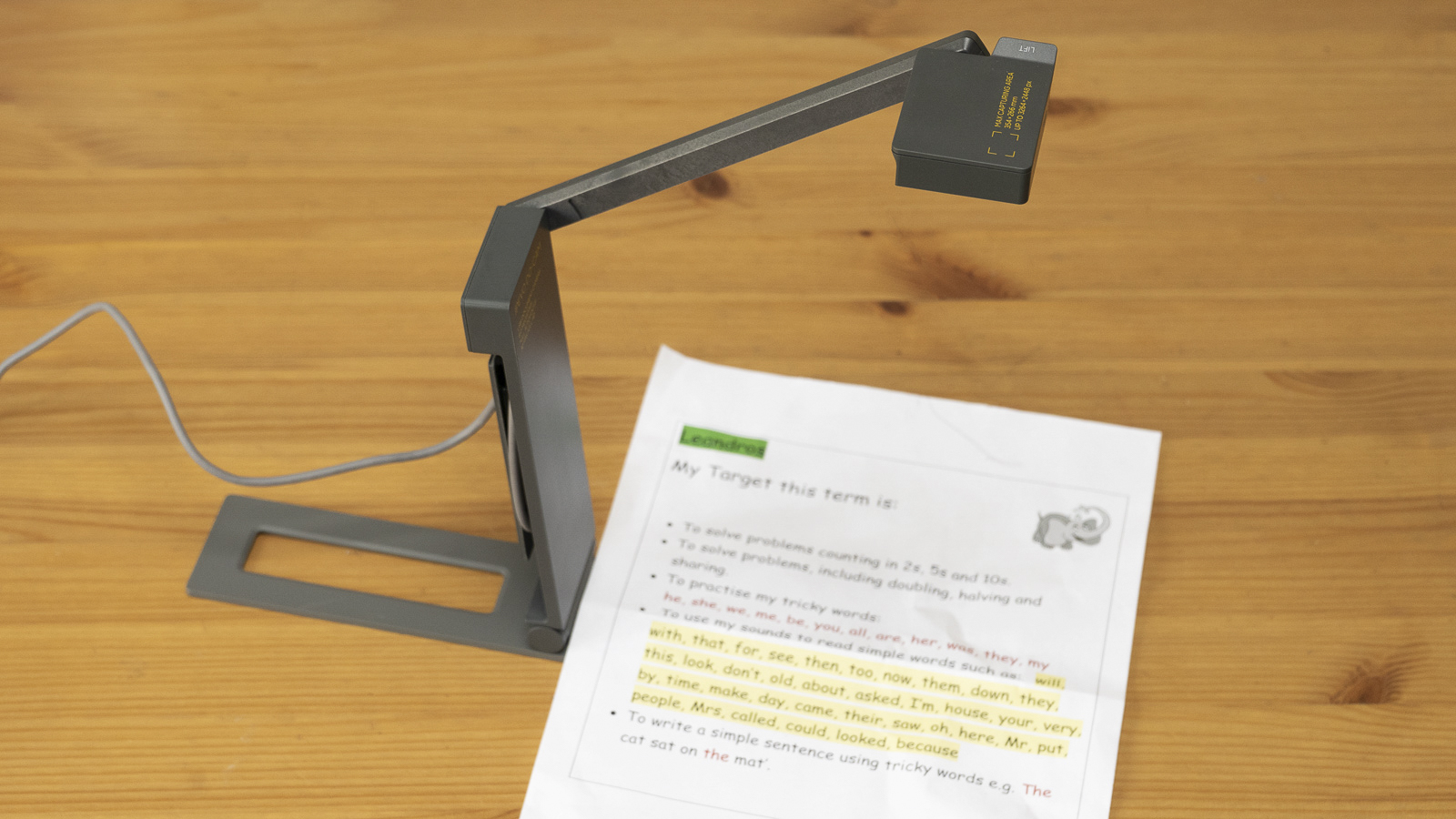
Specifications
Reasons to buy
Reasons to avoid
Need a document camera you can easily carry from place to place? This 2020 model from Ipevo is designed for simplicity and portability.
Other key attractions here are great looks and functional design. The IPEVO Do-Cam has a neat cable store within the hinged mechanism that ensures it folds away neatly. It also comes with a minimalist protective cover, secured with a stylish band. This is a USB affair that offers plug-and-play operation with a laptop. Note, though, that this uses a standard USB-A socket, so if you use a modern MacBook with only USB-C sockets you will need an adaptor.
The supplied software is very clean, so it takes a little while to explore, but offers an extensive range of features. The 8MP camera itself has a button that allows you to flip the picture with one press – allowing you to quickly switch from the Do-Cam functioning as a document camera, to being a regular webcam. Overall, this is a really neat device, and if you want something that makes even more of a statement on your desk, opt for the yellow Creator's Edition.
For more details, see our Ipevo Do-Cam review
Best cheap
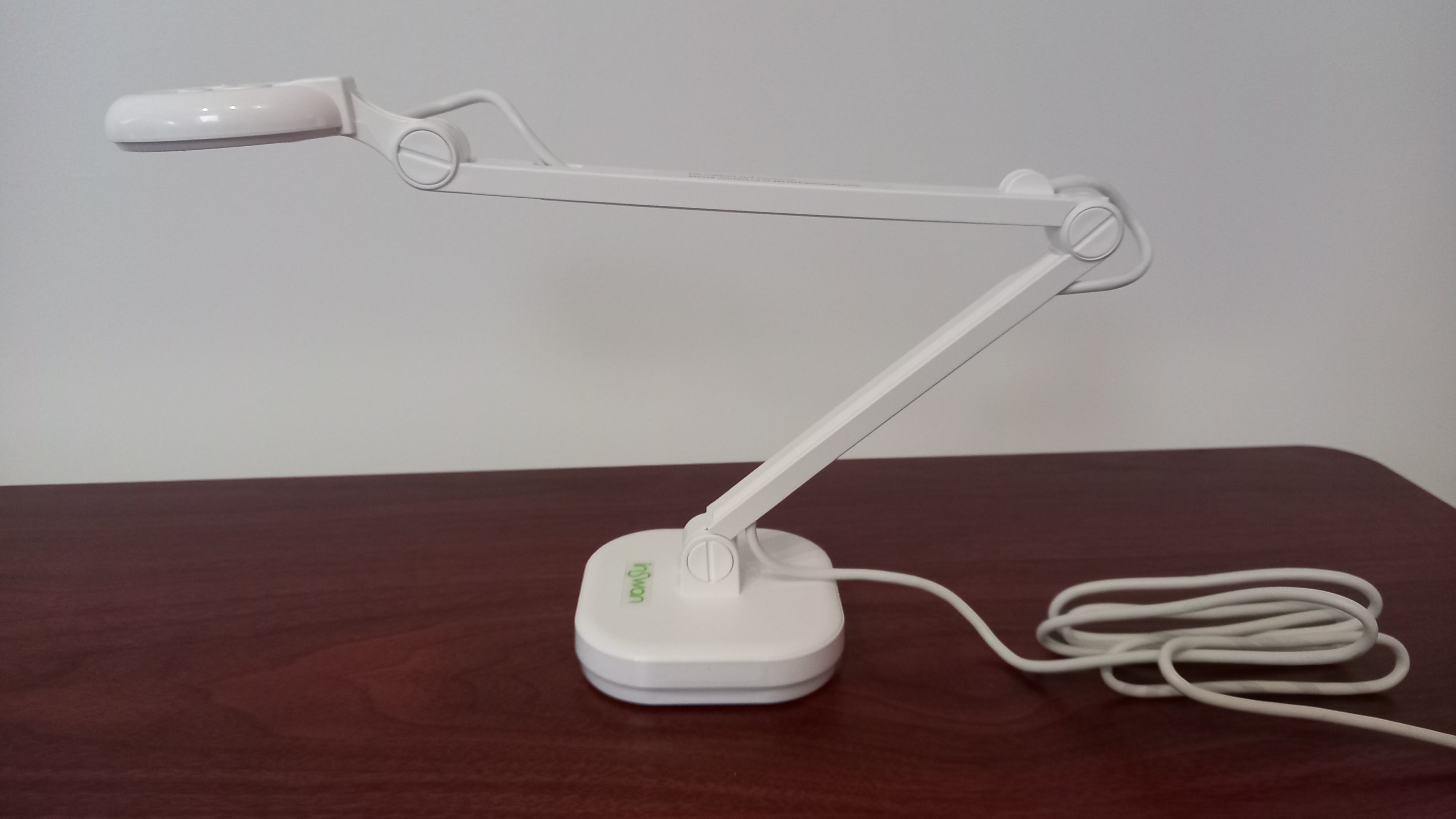
Specifications
Reasons to buy
Reasons to avoid
The Inswan INS-2 document camera, priced under $100, is an attractive option due to its sleek design, easy setup, and superior performance in capturing documents and videos. Its 4K video capabilities and enhanced microphone make it a versatile device for a variety of uses beyond just scanning documents. The OCR feature, although not flawless, adds an extra layer of utility, particularly for students and teachers.
The Inswan INS-2 document camera offers remarkable value for its cost. However, it does have a few minor shortcomings. The OCR function does not provide editable PDF output, which could be a constraint for some users. Also, while the autofocus generally works well, it can sometimes have difficulty with rapid movements. If you’re looking for a document camera that can be directly connected to a TV, monitor, or projector, this isn’t the one.
Despite these minor issues, the INS-2 provides exceptional quality for its price, and I would readily recommend it. If you’re in the market for an affordable document camera that delivers excellent image and video quality, the INS-2 is an outstanding choice.
Read our full Inswan INS-2 review for more
Best cross-platform
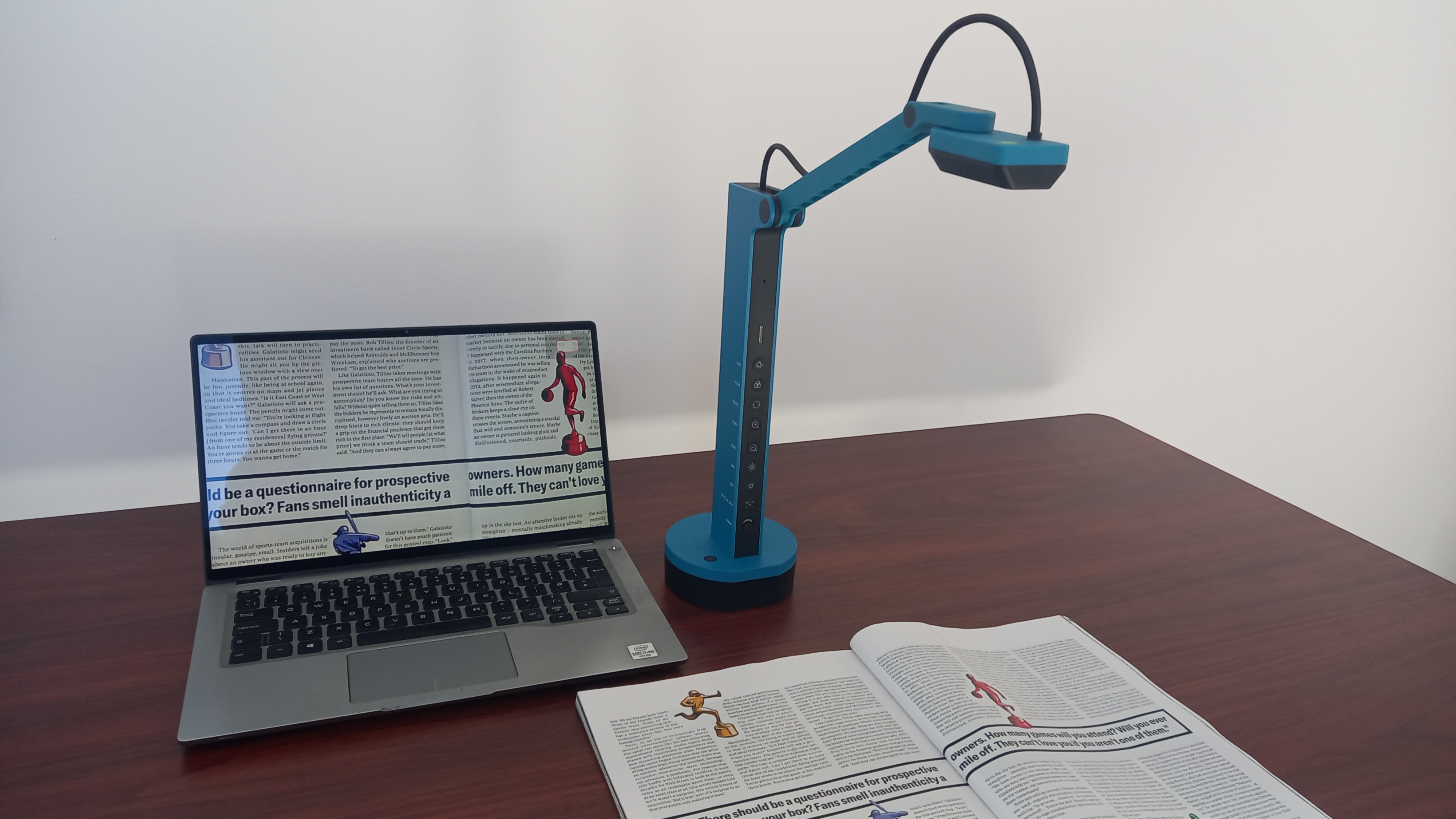
Specifications
Reasons to buy
Reasons to avoid
This document camera is nothing if not flexible. It can be used on its own or with a Mac, Windows computer, Chromebook, iOS or Android device as well as via direct HDMI link. It can even be paired with an Apple TV. Wi-Fi helps reduce the clutter when pairing with these devices, and USB is on offer too.
The supply of buttons on the column is appreciated, making it a simple task to zoom, or operate (or lock) the focus using the physical buttons. The exposure compensation buttons are useful too. And there's even an adequate microphone built in. Note, finally, that if you’re not tempted by Wi-Fi, the IPEVO VZ-R is available in a cheaper edition with that feature stripped out.
Best cheap document camera for education
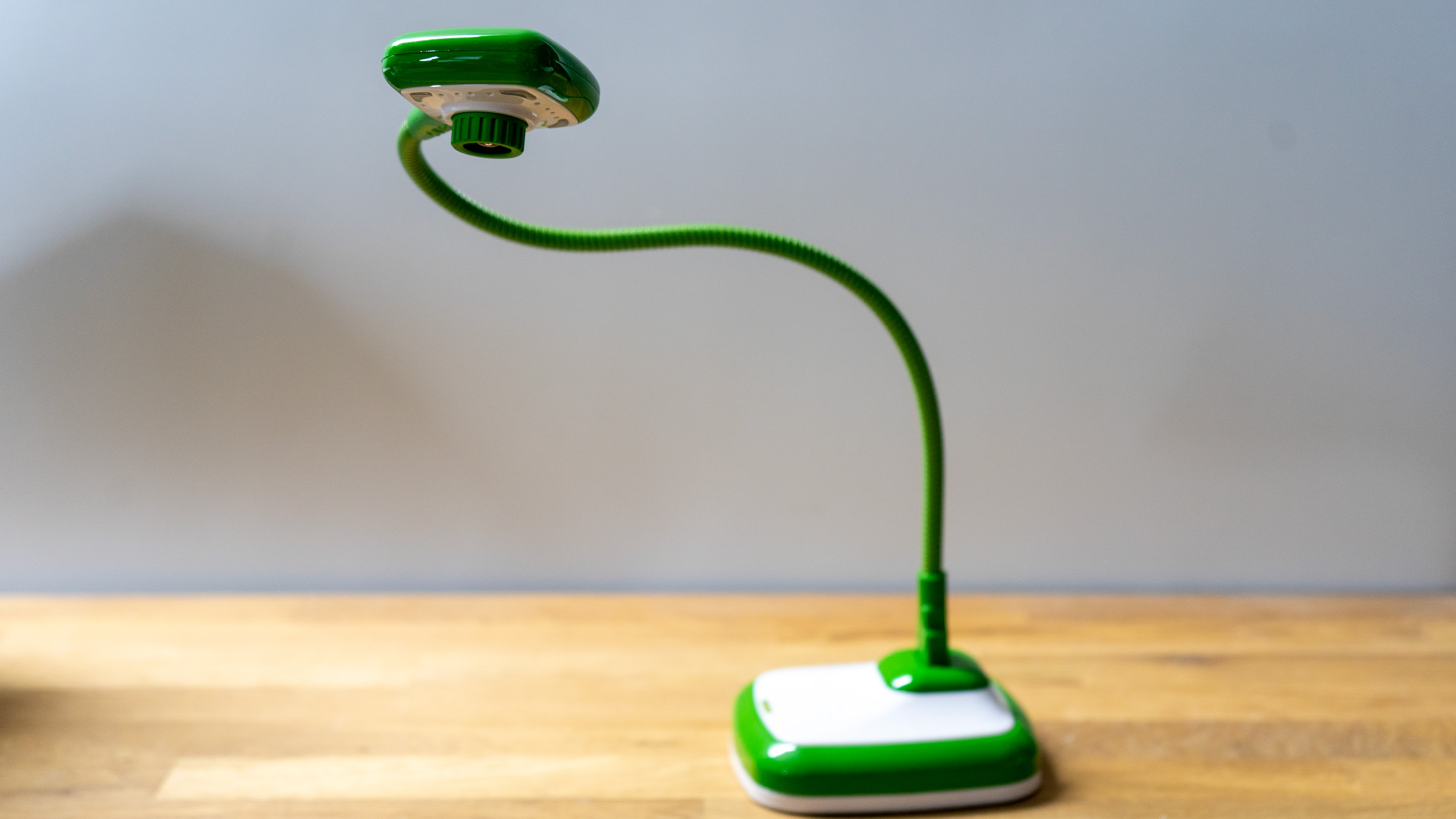
Specifications
Reasons to buy
Reasons to avoid
Looking for a basic document camera for the classroom that's nice and affordable? Then we recommend the Hue HD Pro. It's short on features and doesn't excel in terms of specs, but it performs the basic function of a document camera well. Our reviewer found that the automatic exposure did a good job most of the time, and liked the flexible neck and removable base. While the software could be easier to navigate, on the whole he described this document camera as "perfectly adequate" and the price speaks for itself.
For more details see our full Hue HD Pro review
Best detachable document camera
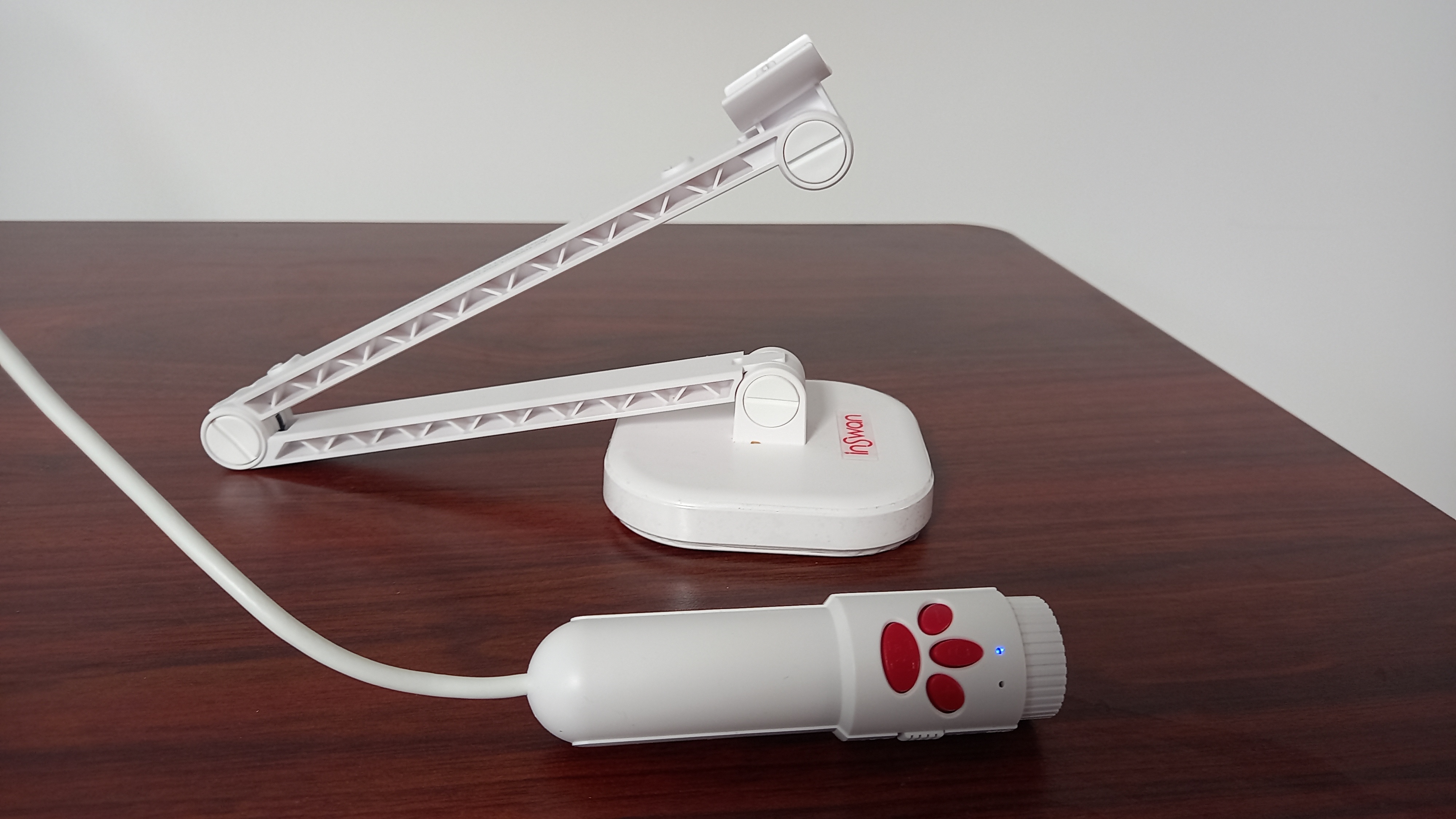
Specifications
Reasons to buy
Reasons to avoid
The INS-3 holds three key benefits over the INS-2. Firstly, it is considerably more affordable at present. Secondly, it boasts a lighter and more compact design. Lastly, and most significantly, it features a detachable camera that performs exceptionally well in real-world usage.
In essence, the flexibility to effortlessly alternate between overhead document scanning and handheld capture of objects or models from any perspective makes it a potentially powerful choice for educators and others aiming to elevate their visual demonstrations and teaching.
Conversely, if you don’t envision yourself utilizing the detachable camera, prefer a fixed document camera, and don’t place much emphasis on portability, we would suggest opting for the INS-2. In the end, you’ll receive superior image quality (4K vs QHD) for a slightly higher cost.
Read our full Inswan INS-3 review for more
Webcam closeups
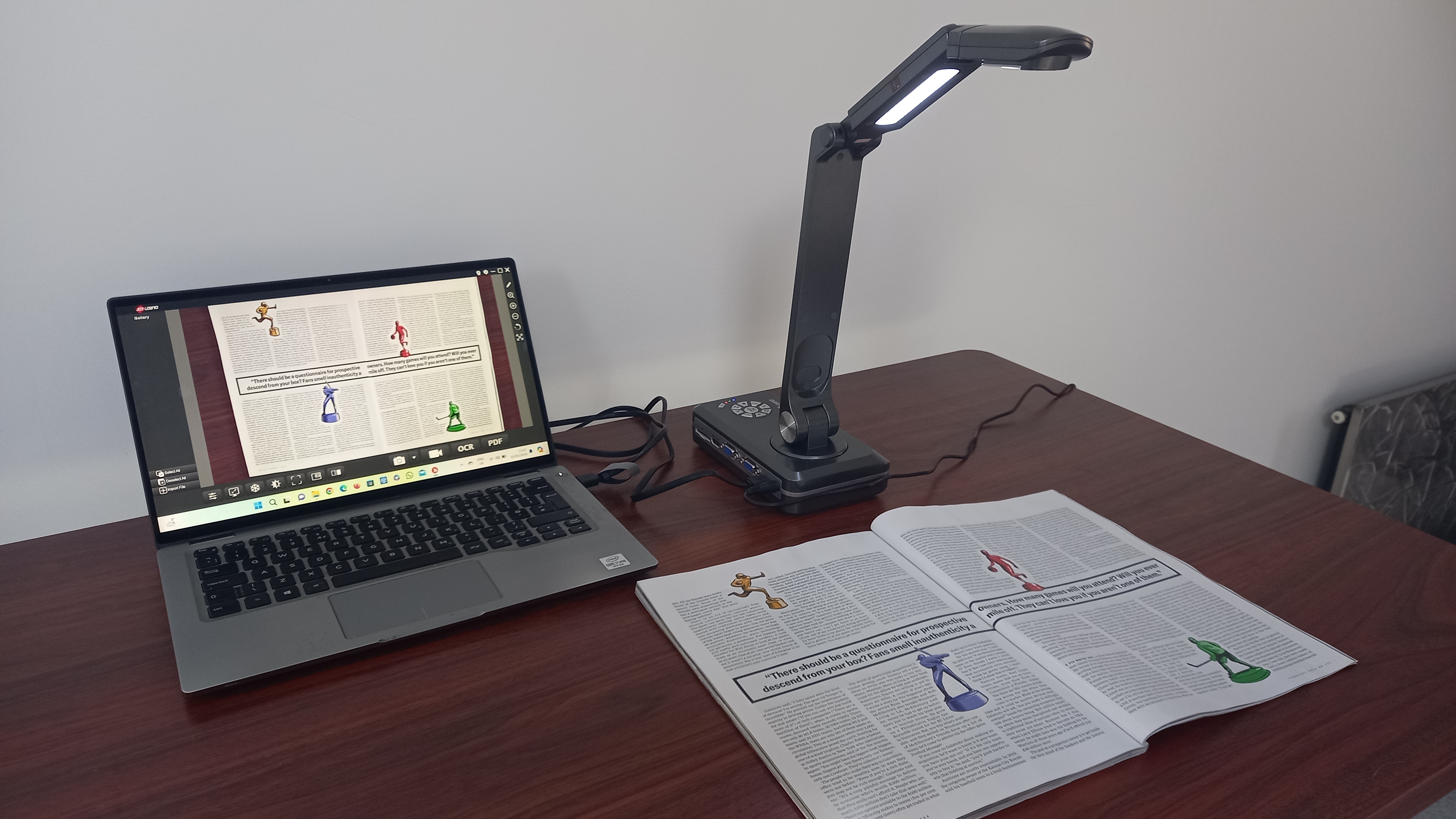
Specifications
Reasons to buy
Reasons to avoid
The V508 is built to meet the needs both of users who will be pointing the camera downward and those using it as an alternative webcam. To that end, the pillar features five wisely-placed folding joints, more than one LED light, and a microphone to make webcam use as painless as possible.
The 30fps mode is also a big plus here, as is the very capable autofocus; it can all potentially folding out to look down on – and illuminate – an A3 area of table or go in close on something for a lesson and hold its balance. Despite this, it comes in at under a kilo, and can fold into little more than a half-length stick on a table weight (with a camera protected in a ready depression).
We also appreciate that the software is made available for Windows, Mac and Chromebooks and even allows digital zoom up to a wholly unnecessary 100x; almost asking for a place on the best microscopes list!
See our full Joyusing V508 review
How to choose the best document camera
Following the advent of home working and the digitization of the classroom and meeting space, a bewildering array of document cameras have emerged. To choose the best one for you, there are a number of things you need to consider.
First look at where you will be displaying your image. If you're video conferencing, it’s usually more convenient to use a USB connection, whereas some conference and classroom setups are better equipped for HDMI. That way, you can plug the document camera straight into a video projector with no logging into computers or admin passwords.
Also consider what resolution you'll need. To capture a larger document, the lens typically needs to be higher up, and to get the same detail you’ll need more megapixels. On the flip side, smaller cameras are more portable, so there's a compromise to be made there.
Here are some other factors to take into account:
- Connectors: If the device sports a USB connector, it’ll likely be very convenient to set up because the computer will detect it as a webcam. This, in turn, means live meetings will be a possibility.
- Lighting: If you’re working in a well-lit room, this might not be worth seeking, but if you’re aiming to capture consistent, evenly lit views of open pages then built in lighting will be essential.
- Image sensor: Bearing in mind a standard 1080P TV image can be described as two megapixels, that is enough for viewers to see type (and in a lecture theatre might well be the limit of the projection quality available). Eight megapixels (4K) and above are better choices if you’re looking to capture and keep graphics / archive pages.
- Autofocus: Cameras which can focus (as opposed to fixed focus) tend to get the sharpest images, so a focusing lens is worth looking for.
- Frame rate: If you’re looking to use live-streaming, we’d recommend a camera capable of 30fps – a common standard. Many offer a lower 15fps, which is still not a problem, but might look a little jerky to audiences.
What is a document camera?
A document camera, also known as a visual presenter, visualizer, or document viewer, is a type of video camera that is used to display and project images of documents, objects, or other items onto a screen or monitor. It is commonly used in classrooms, conference rooms, and business settings for presentations, demonstrations, and teaching purposes.
How do document cameras work?
Document cameras typically consist of a camera mounted on an adjustable arm or stand, with a flat stage beneath it where documents or objects can be placed. The camera captures real-time images or videos of the items placed on the stage and then projects them onto a larger screen, allowing everyone in the room to see them clearly. Some document cameras come with additional features such as zoom capabilities, image manipulation, annotation tools, and connectivity options for integration with computers and interactive whiteboards.
What are document cameras used for?
If you're speaking or teaching in a classroom, lecture theatre, meeting room or conference space, document cameras offer a great way to bring your subject to life (which is why they're often referred to as 'visualizers'.) You can also connect them to conferencing tools like Zoom and Google Meet, or use them for live streaming via tools like OBS (Open Broadcaster Software). Archivists, especially, will appreciate the ability to capture uneven documents; very handy for running OCR (Optical Character Recognition) on bound books.
How we test the best document cameras
When we test document cameras we're looking primarily at image quality; evaluating clarity, color accuracy, and resolution across various document types and lighting conditions. We also assess functionality through testing features like zoom, autofocus, and image manipulation options; and ease of setup, adjustment, and control accessibility. We also pay close attention to software compatibility, including integration with interactive whiteboards and video conferencing systems.
See our guide to the best 4K webcams, and the best cameras for streaming
Get the Digital Camera World Newsletter
The best camera deals, reviews, product advice, and unmissable photography news, direct to your inbox!

With over 20 years of expertise as a tech journalist, Adam brings a wealth of knowledge across a vast number of product categories, including timelapse cameras, home security cameras, NVR cameras, photography books, webcams, 3D printers and 3D scanners, borescopes, radar detectors… and, above all, drones.
Adam is our resident expert on all aspects of camera drones and drone photography, from buying guides on the best choices for aerial photographers of all ability levels to the latest rules and regulations on piloting drones.
He is the author of a number of books including The Complete Guide to Drones, The Smart Smart Home Handbook, 101 Tips for DSLR Video and The Drone Pilot's Handbook.
